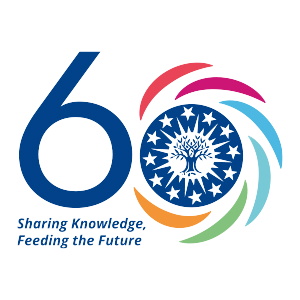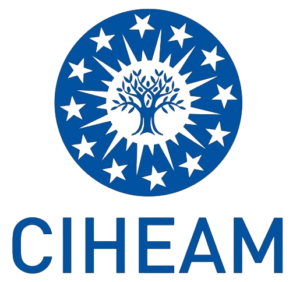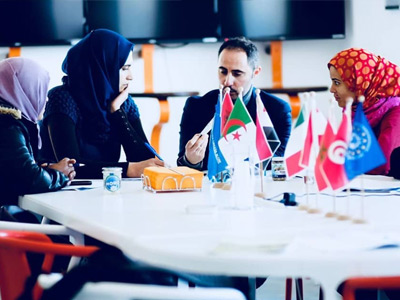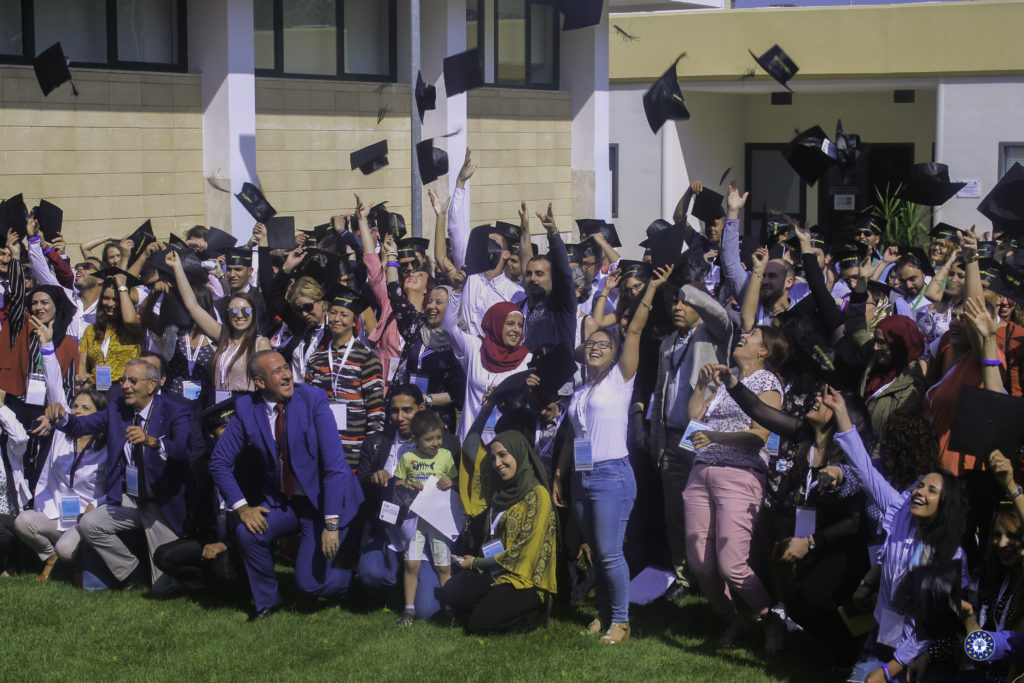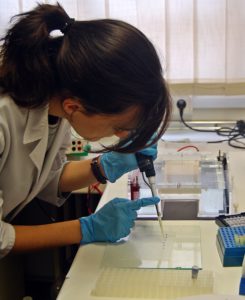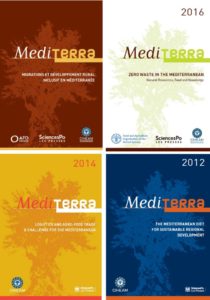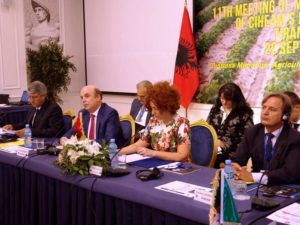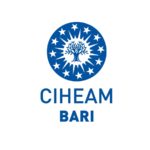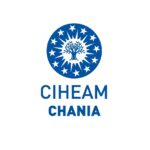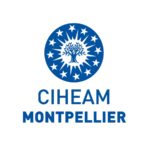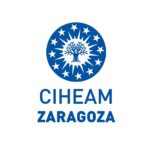“Water Challenges in the Mediterranean Region: Cooperation and Exchange of Knowledge”
On 17 October 2025 in Naples, Ms. Frida Krifca, President of the CIHEAM Governing Board, participated in the session “Water Challenges in the Mediterranean Region: Cooperation and Exchange of Knowledge” organised within the framework of the 11th edition of the MED Dialogues, the leading forum on the Mediterranean promoted by the Italian Ministry of Foreign Affairs and International Cooperation and the Italian Institute for International Political Studies (ISPI).
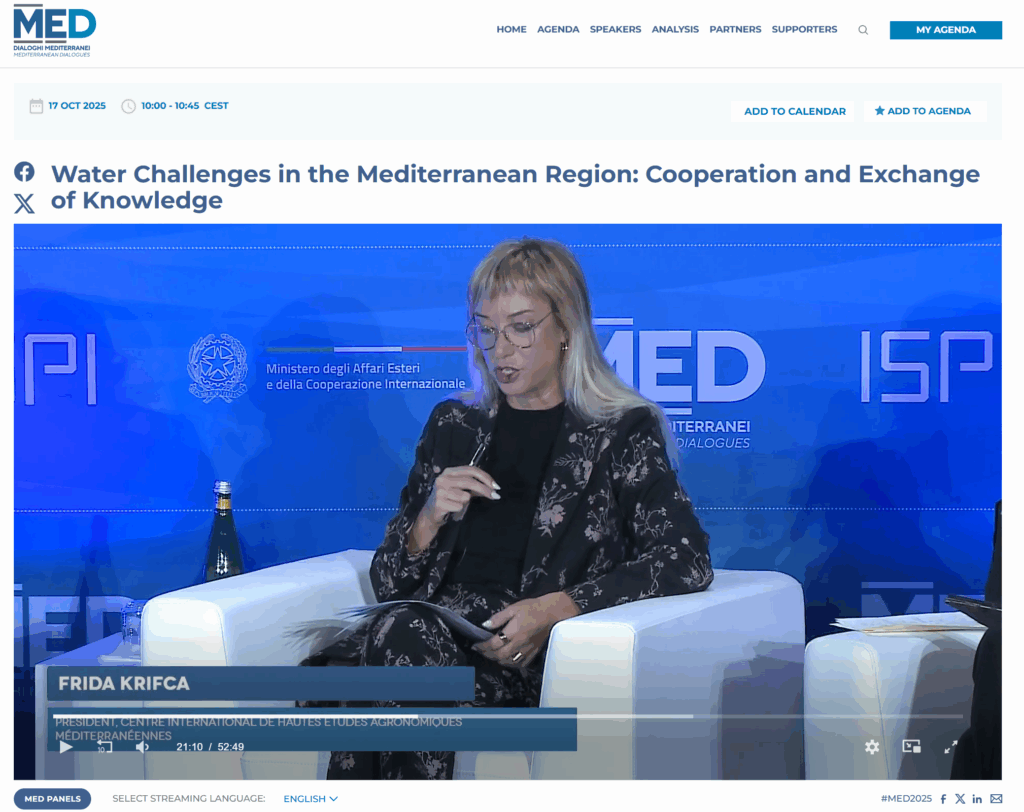
Intervention of Ms. Frida Krifca, President of the Governing Board of the CIHEAM
Alongside Mr Nasser Kamel, Secretary General of the Union for the Mediterranean, Ms Maria Spena, President of the One Water Committee and Mr Alain Meyssonnier, President of the Mediterranean Water Institute, and , Ms Krifca recalled that the Mediterranean remains one of the most water-stressed regions in the world, hosting fifteen of the twenty most water-scarce countries globally.
“Water scarcity is not only an environmental concern,” she stated. “It is a strategic issue of stability, security, and social cohesion.” She underlined the profound inequalities between the northern and southern shores, the increasing competition among agricultural, urban, and industrial users, and the growing impacts of climate change on agricultural productivity, ecosystems, and food security.
Drawing on the experience and network of the CIHEAM, Ms Krifca highlighted several initiatives that illustrate how dialogue and cooperation can translate into tangible results. She referred to the REACT4MED project, which promotes land restoration and sustainable water management in arid zones, and the One Water initiative, which fosters connections among Mediterranean, Middle Eastern, and Balkan countries in preparation for the Euro-Mediterranean Water Forum to be held in Rome in 2026. She also mentioned the Med Water Lab, developed in partnership with the Apulia Region, which brings together policymakers, researchers, and young innovators to design integrated and innovative models for river basin management.
Ms Krifca further emphasised the need to rethink food systems in order to reduce their water footprint, recalling that the Mediterranean Diet, long promoted by the CIHEAM, remains a model of balance between sustainability, health, and culture — and a valuable reference for producing and consuming within ecological limits.
In conclusion, Ms Krifca called for a realistic approach to addressing the magnitude of the water crisis, cautioning against complacency and idealistic rhetoric. In a region where tensions over resources are likely to intensify, non-cooperation is no longer an option. She affirmed that Blue Diplomacy must emerge as a form of shared realism — not as an abstract ideal, but as a strategic necessity to preserve peace, security, and the future of Mediterranean societies.

